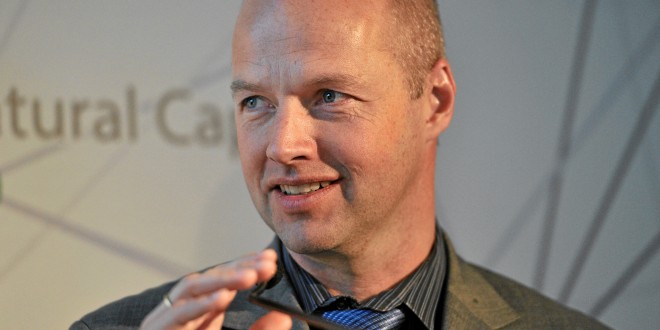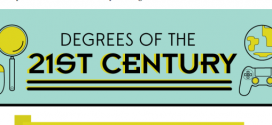It recently came out that, from an educational standpoint, Udacity founder Sebastian Thrun wasn’t satisfied with his own product.
The professor-turned-entrepreneur-turned-CEO is known for single-handedly starting the Massive Open Online Course (MOOC) revolution, which held the promise of bringing world-class education to all corners of the world. He’s now begun to shift his company’s path toward more workplace-aimed training.
“I’d aspired to give people a profound education–to teach them something substantial,” Thrun told Fast Company in a recent article. “But the data was at odds with this idea.”
He points to data showing that even with thousands and thousands of students enrolling in his academic courses, completion rates – not even to mention passing rates – hover around 10 percent, a controversial statistic that has only just begun to come to light.
Shift in Education
According to Fast Company, Udacity will be launching a new accredited online master’s degree computer science program, but Udacity’s role will be to host the course material – a role dialed back from what the company had played in previous courses. The actual admissions, accreditation and diploma will be handled by Georgia Tech, and is sponsored by AT&T, which plans to use the program for employee training.
Others Sound Off
It’s not only Thrun who is pushing for a change in the MOOC world. Faculty at San Jose State University, the college where Udacity’s pilot MOOC premiered, is trying to force the university to only sign contracts with outside technology providers with tenured faculty’s approval, according to an article in the Chronicle of Higher Education. Professors have criticized the “one-size-fits-all” approach, noting that students enrolled in the online version of the class performed worse than those who learned in the classroom. Administrators at Yale, which plans to launch several MOOCs in January, are also cautious about the technology miring the learning process.
“A quality education represents a process of learning how to think, rather than the delivery of packets of information,” University President Peter Salovey told the Yale Daily News. “I’m as excited about online technologies as anyone else, but I want to focus on how to use them to engage students with faculty in a process of teaching and learning far more than I’m interested in simply conveying packets of information and giving people merit badges for having viewed them.”
Northeastern College of Professional Studies Dean, John LaBrie, also spoke out against disturbing trends in MOOCs in his latest blog post, “What’s Missing From a Lot of Online Education? The Education.” In his post, LaBrie argues that emphasis on technology and celebrity detract from what’s truly important: quality education.
“If we become overly enamored with the technology, flashy production and star-making, we run the risk of forgetting about the art and science of teaching and learning,” he writes. “In forgetting these fundamentals, we will take a step backwards rather than a step forward.”
With all of the controversy surrounding MOOCs, do you think universities should be taking a step back until further studies can be done to verify it’s a type of education that actually works? Share your thoughts.




